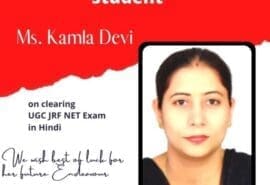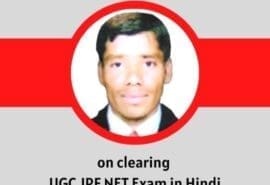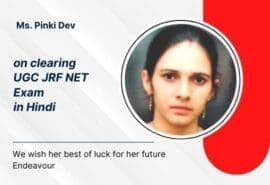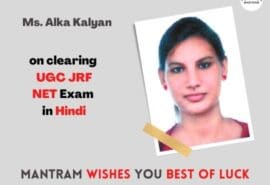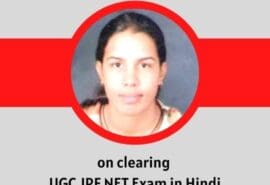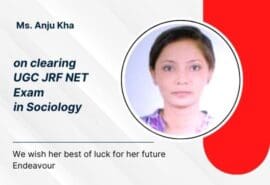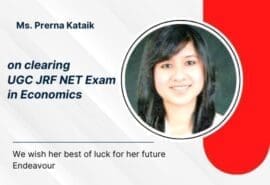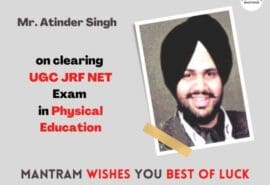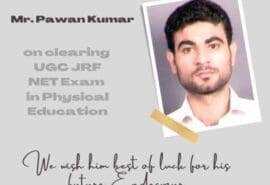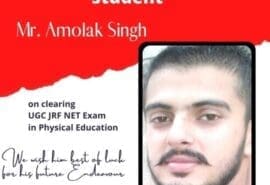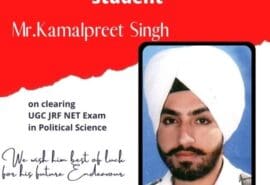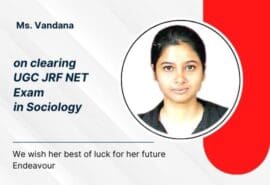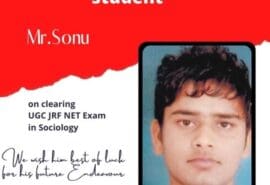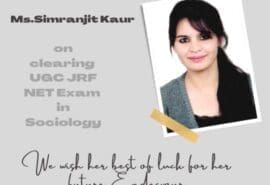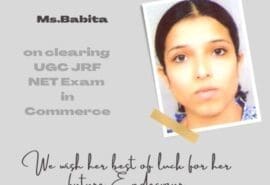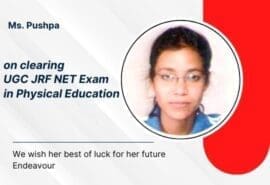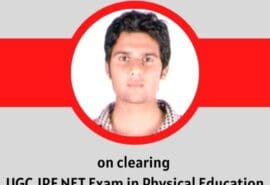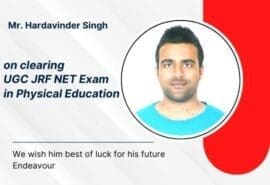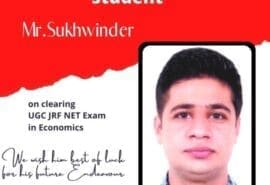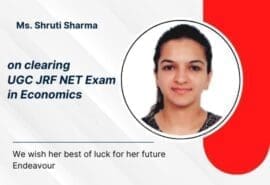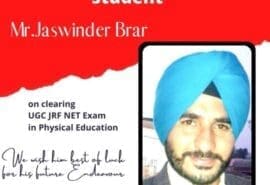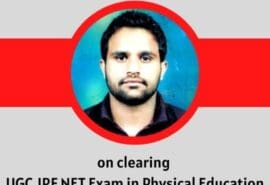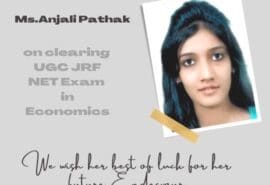
The Ultimate JRF NET Sociology Training Program
The Ultimate JRF NET Sociology Training Program
The National Eligibility Test (NET) conducted by the University Grants Commission (UGC) is a highly competitive exam determining eligibility for the Assistant Professor Position or Junior Research Fellowship across Indian universities.
With a vast syllabus, low clearing rates and over 50,000 aspirants competing annually, the Sociology paper poses a steep challenge requiring intensive training support. This article details key components of a best-in-class JRF NET Sociology coaching program tailored for exam success.
Comprehensive Syllabus Guidance
With over 300 dense topics spanning sociological concepts, theories, tools, demography, Indian thinkers, etc., systematically traversing the expansive syllabus through structured lectures, multimedia learning aids, comprehensive notes and memory tools ensures aspirants develop substantive, exam-oriented subject matter mastery over 5-6 months without feeling overwhelmed.
Testing Format Insights
The paper has two sections - 60 multiple choice questions testing core knowledge in Section I, contributing to final scores and more advanced analytical, theoretical and application-based essays in Section II. Expert guidance is imparted on strategizing between sections per individual strengths to maximize scores within severe time limitations.
For UGC JRF NET Sociology Exam Preparation Coaching, contact us at Mantram Study Group, SCO No. 80-81, First Floor, Sector 15-D, Chandigarh (Near Gate No. 2, Panjab University Chandigarh – Contact – 9779797575/ 9463049859)
Theoretical Concepts Decoded
As sociology heavily utilizes theoretical frameworks to examine behaviors and social structures, the exam requires accurately interpreting and applying paradigms. Hence, course modules comprehensively unpack Functionalist, Conflict, Symbolic Interactionalist and Postmodern sociological theories via academic texts, multimedia, real-life examples and classroom discussions. This builds clarity for tackling theory-based questions.
Cutting-Edge Resources
Rather than dated, bulky textbooks, the training program structures modern learning via curate collections of scholarly research papers, journalistic articles, data analytics presentations, summarized video lessons, etc., exploring current issues and debates to enrich sociological perspectives beyond academic confines and align knowledge to evolving realities.
Research Methods Mastery
The syllabus dedicates over 15% to qualitative, quantitative and comparative research methods. Through practical immersion in explaining methodologies, critiquing sample studies, building surveys and interpreting statistical datasets, aspirants develop sharp skills for tackling analytical questions in methodological contexts.
Indian Sociology Imbibed
Units decoding the work of seminal Indian sociologists like Ghurye, Srinivas, Gupta, Beteille and Dube, who interpreted traditions like caste, secularism & Westernization, equip aspirants with proven frameworks to examine Indian cultures.
By summarizing their key texts and theories, students grasp homegrown analytical models to excel in application questions.
Evaluative Essay Writing
Through continual drafting and expert feedback on section II essay response structure, content, analytical depth and presentation, the unique program transforms aspirants into skilled writers able to effectively demonstrate evaluative abilities under pressurized exam conditions for maximizing scores.
Mock Test Series
A highlight of the training is bi-monthly timed mock tests on previous years' papers and newly created questions for self-evaluation, identification of preparation gaps and raising performance levels toward target scores through reliable assessment reports and personalized mentoring.
Interview Readiness
Top coaching ensures selected candidates transition smoothly into research roles. Hence, during UGC evaluative panels, personalized interview preparation is offered to convey subject motivation, research ambitions, and communication skills to maximize JRF scholarship chances.
Time Management Tactics
With extensive syllabus coverage required alongside other academic/work commitments over 6-8 months, the program imparts proven time management tactics for aspirants to optimize daily study schedules, achieve consistency in revision, streamline preparation efforts toward exam success, and manage life responsibilities.
Motivational Guidance
Upskilling sociology graduates with limited teaching exposure demands tremendous perseverance. Hence, regular group interactions with faculty who mentor and share inspirational experiences of alums who successfully cleared NET exams while balancing families/jobs provide ongoing motivation.
Takeaway
This comprehensive JRF NET Sociology training pathway has enabled over 80% of program graduates to clear UGC exams over the past decade by equipping them with structured learning techniques, expert teaching and progress tracking support towards target cut-off crossing scores for career advancement as academics or research fellows.
Thanks for visiting our website Mantram Study Group
You may also join Mantram for NORCET Coaching
CHECK OUR OTHER LINKS: -


